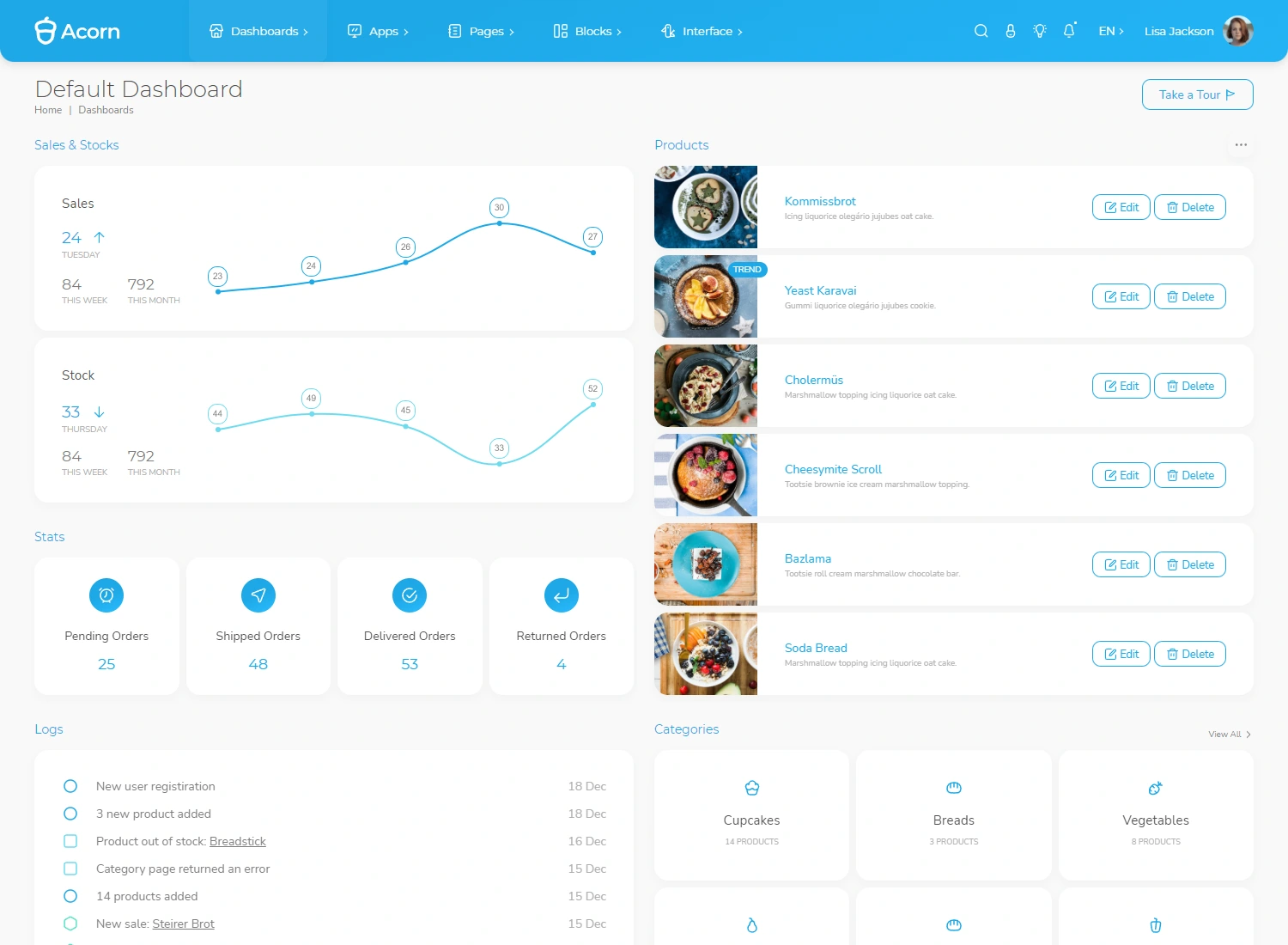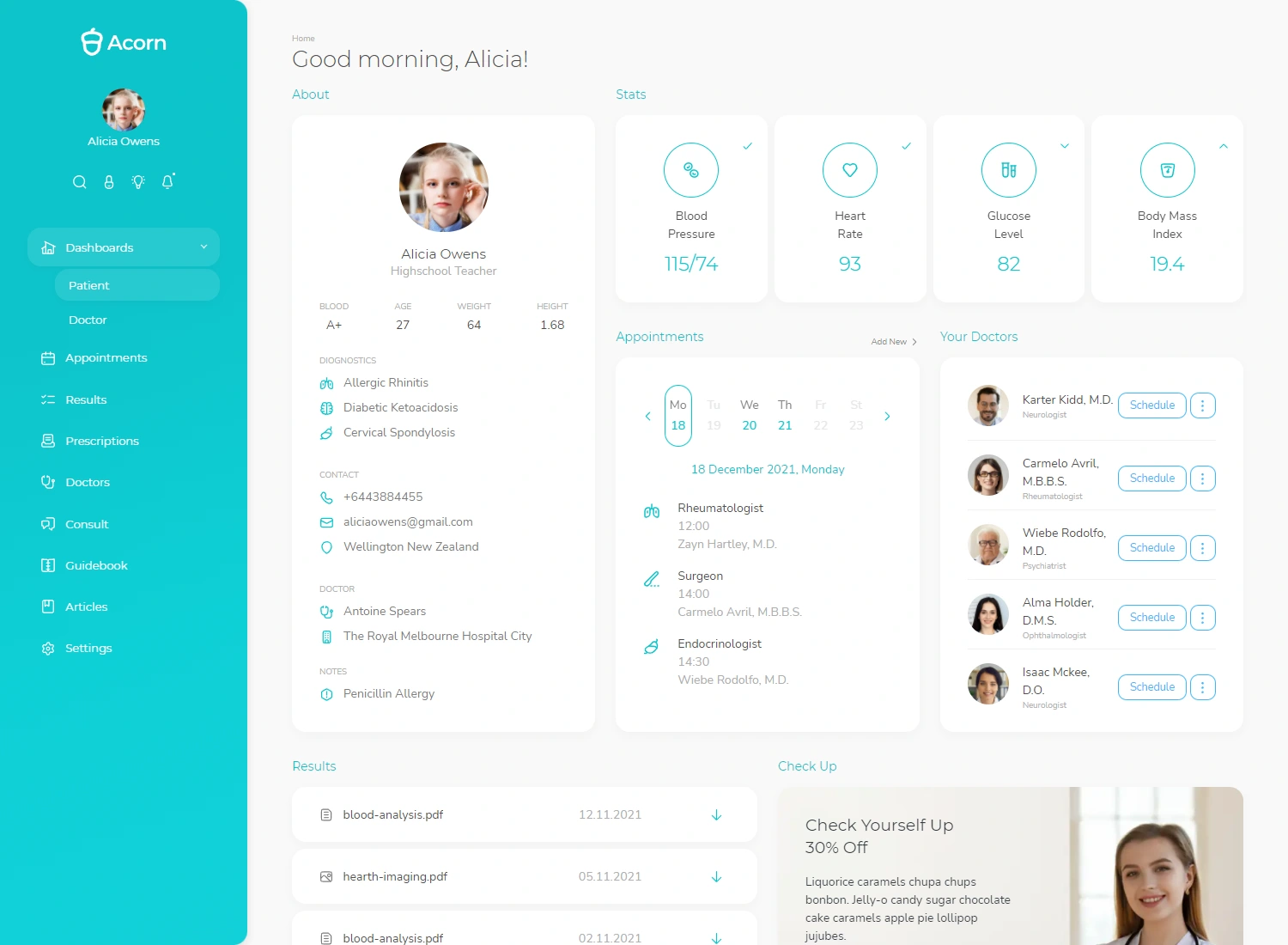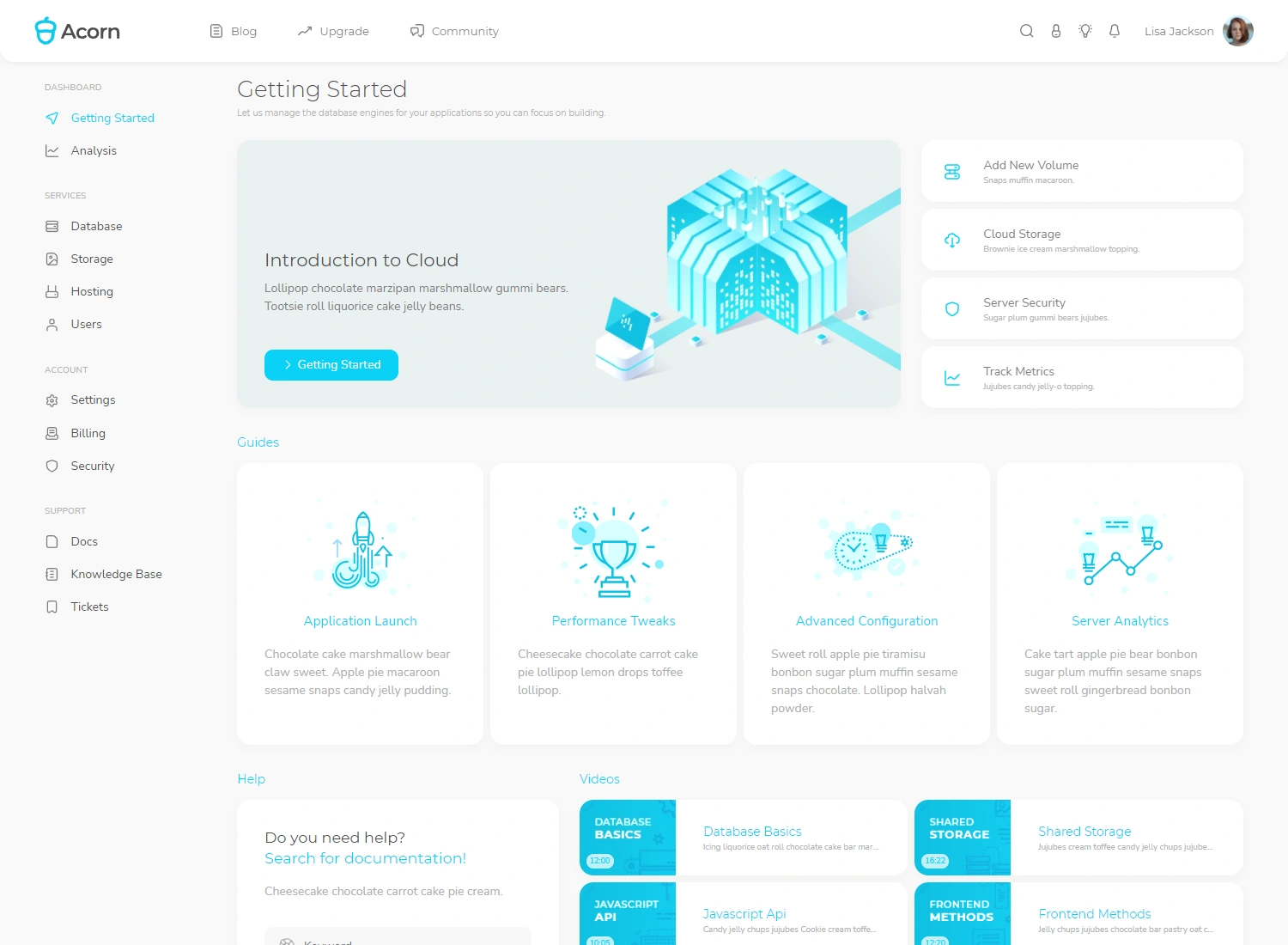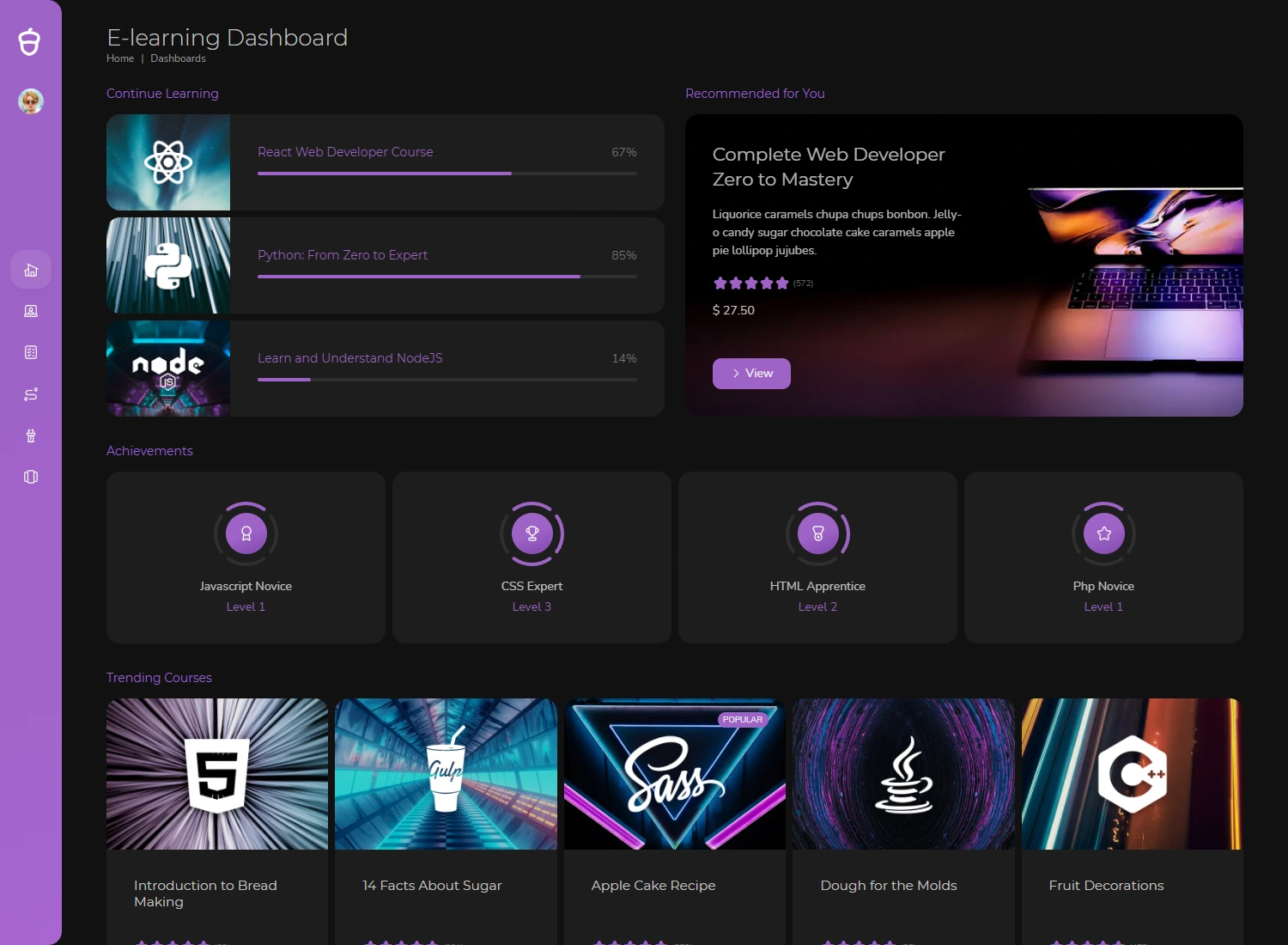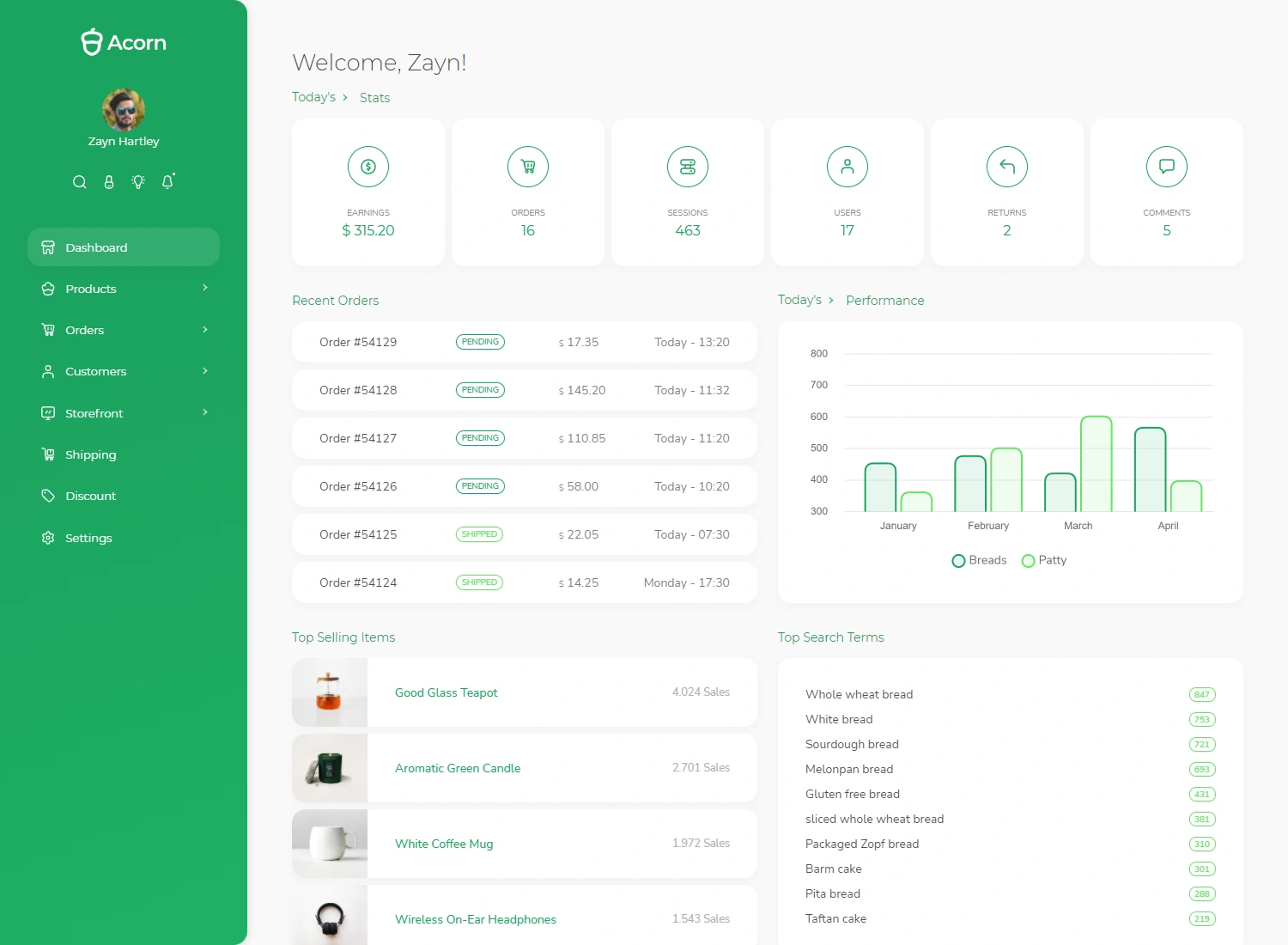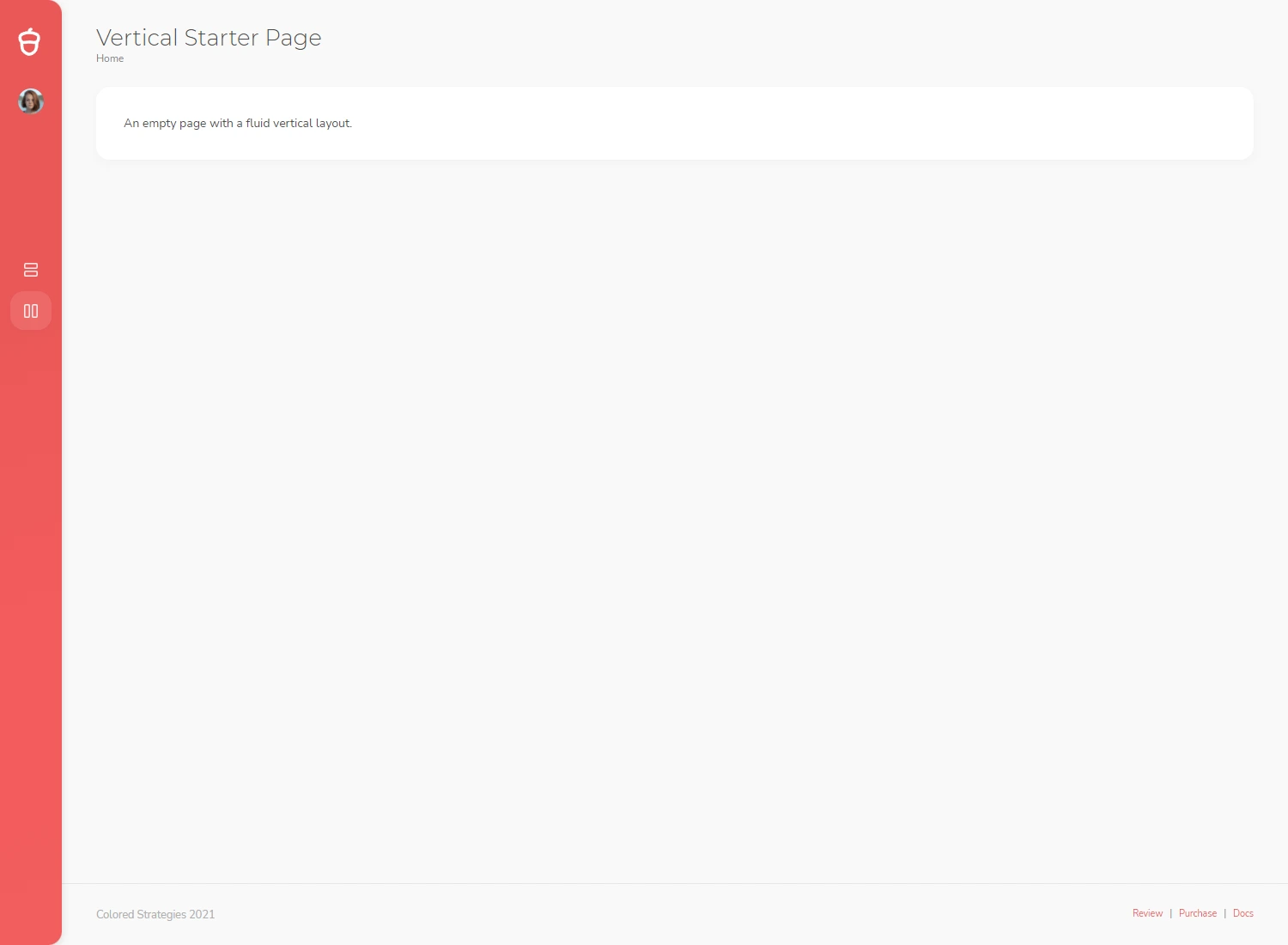India’s economic data framework is set for a major overhaul, with the Ministry of Statistics and Programme Implementation (MoSPI) announcing new base-year series for Gross Domestic Product (GDP), Index of Industrial Production (IIP), and Consumer Price Index (CPI). These revisions, crucial for capturing the economy’s structural changes, will be released in phases from February 2026 onwards, alongside new surveys on household consumption, travel, and tourism.
Why is a Base-Year Revision Needed?
Base-year revisions are undertaken to ensure that official statistics reflect the current structure of the economy. India’s present GDP and IIP series use 2011-12 as the base year, while the CPI uses 2012. Since then, the economy has transformed — with rising digitalisation, changes in consumption baskets, and new industries gaining prominence.
By moving to a 2022-23 base year for GDP and IIP and 2024 for CPI, MoSPI aims to make growth and inflation estimates more representative and credible.
Key Announcements
-
GDP Series (Base Year 2022-23)
-
To be released on February 27, 2026.
-
Will better capture post-pandemic economic shifts such as digital services, gig work, and renewable energy.
-
-
IIP Series (Base Year 2022-23)
-
To be released from April 2026.
-
Aims to reflect India’s evolving industrial structure, including new sectors like electronics manufacturing and renewable energy equipment.
-
-
CPI Series (Base Year 2024)
-
Expected in Q1 of FY 2026-27.
-
Will update the consumer basket to reflect present-day household spending patterns.
-
MoSPI is innovating by using e-commerce price data, OTT subscriptions, online travel fares, scanner data, and web scraping for greater accuracy.
-
New Surveys in the Pipeline
-
National Household Travel Survey (NHTS): Mapping how and why Indians travel, including transport modes, destinations, and costs.
-
Domestic Tourism Expenditure Survey (DTES): Measuring household spending on tourism, including accommodation, transport, and services.
-
Annual Survey of Service Sector Enterprises (ASSSE): To begin in January 2026, focusing on the formal services sector, much like the Annual Survey of Industries for manufacturing.
-
Household Consumption Expenditure Survey (HCES): Next round to be held in 2027-28, at a reduced interval of three years (earlier every five years).
Implications for India
-
Policy-making: More reliable inflation and growth data will allow the RBI and government to fine-tune monetary and fiscal policies.
-
Investment climate: Updated data boosts investor confidence, giving a clearer picture of emerging sectors.
-
Global comparability: Brings India’s data systems in line with international practices, strengthening credibility in forums like IMF and World Bank.
-
Tourism & services mapping: The new surveys will give granular insights into India’s growing travel, tourism, and service economy, helping in policy design and infrastructure planning.
